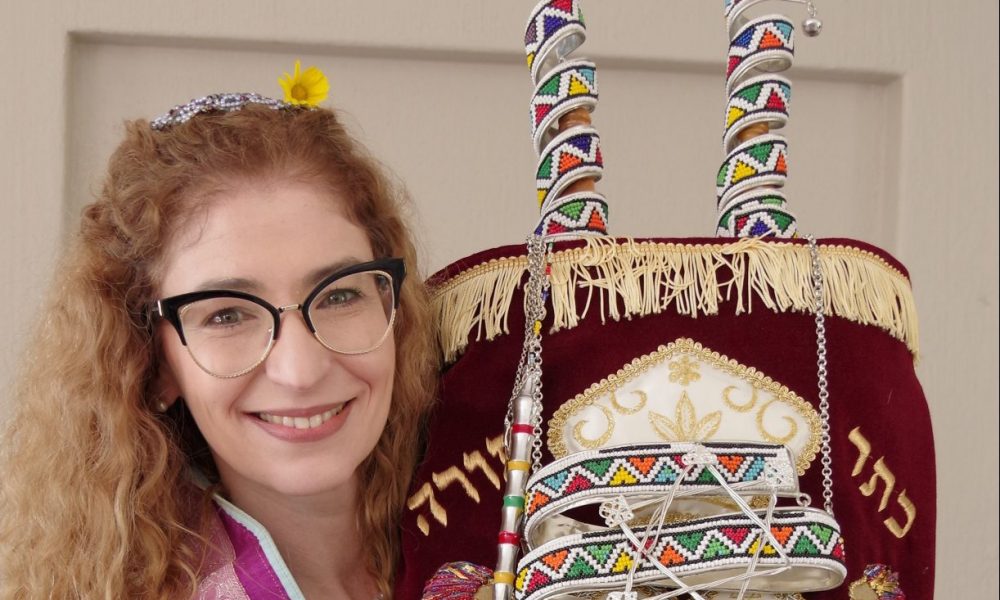Parshot/Festivals
Search your heart and take responsibility

The month of Elul is a time of repentance in preparation for the high holidays of Rosh Hashanah and Yom Kippur. The word elul means search, which is appropriate because this is a time of year when we search our hearts.
During this time, Moses was on Mount Sinai preparing the second set of tablets after the incident of the golden calf. He ascended on Rosh Chodesh Elul, and descended on the 10th day of Tishrei, at the end of Yom Kippur, when repentance was complete.
Elul is also a time to begin the process of asking forgiveness for wrongs done to other people. G-d can’t forgive us for sins committed against another person until we have first obtained forgiveness from the person we have wronged. As people mature, they begin to formulate achievable goals, allowing them to look back and evaluate what they have accomplished and where they fell short.
The Babylonian Talmud teaches that at the final judgement, we are asked three basic questions: Did you conduct your business with integrity? Did you set aside fixed times for study? Did you hope for better things to come? (Shabbat, 31a).
Each of those three questions is worth thinking about, and we can begin during Elul. The coming year gives us the opportunity to turn – or perhaps return – to a vision of our highest self.
There was a custom in Eastern Europe that the person in charge of selichot prayers would make the rounds of the village, knocking three times on each door and saying, “Israel, holy people, awake, arouse yourselves and rise for the service of the creator!”
We should accept G-d’s judgement. We should approach the trial not out of fear, but out of love.
In the book of Deuteronomy 23:4, there is a profound and important verse specifically for our time: “You must fulfil what has crossed your lips, and perform what you have voluntarily vowed to the Lord your G-d, having made the promise with your own mouth.”
One of my introductions to Judaism students put meaning into such beautiful words, and wanted to share it here: “Many people talk about doing the right thing – obeying the law, being compassionate to one’s neighbour, proclaiming that they will follow G-d’s word. Most people today speak with little or no regard for carrying out the words they say to someone else. People often say something, when in fact they have absolutely no intention whatsoever of following through. This practice makes us untrustworthy to our community, but also to G-d.”
I’m sure that many of us will say, “Yes, of course!” It might be that we understand these words on an intellectual level, but do we really follow those instructions, do we take responsibility? Let’s make less vows and have more sincere intentions.
As we greet the New Year together, we are equally treasured by the Holy One. Whether we are online, together around the dinner table, or far from home, may our sanctuary this year be a place of love and respect, of dignity and appreciation for all. My wish is that 5781 marks the beginning of a new, prosperous, and healthy year ahead. Shana tovah vemetuka!
